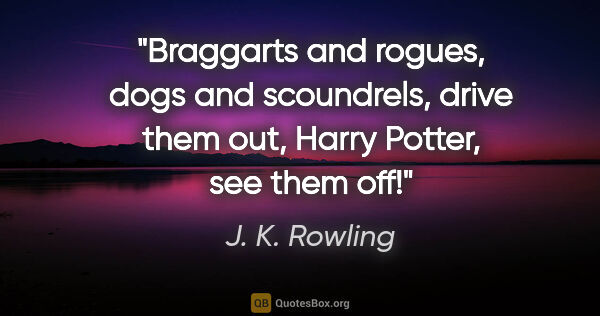Driving Quotes (page 5)
The things here are stronger--the things that differentiate us from one another are too powerful. The common interest is no longer decisive. It has broken up already and given place to the interest of the individual. Now and then something still will shine through from that other time when we all wore the same rig, but already it is dwindled and dim. These others here are still our comrades and yet our comrades no longer--that is what is so sad. All else went west in the war, but comradeship...
Erich Maria Remarque
There was a place in the Hills, on the first ridge in the Game Reserve, that I myself at the time when I thought that I was to live and die in Africa, had pointed out to Denys as my future burial-place. In the evening, while we sat and looked at the hills from my house, he remarked that then he would like to be buried there himself as well. Since then, sometimes when we drove out in the hills, Denys had said: "Let us drive as far as our graves.
Isak Dinesen
I seem finally to have stopped worrying about Elinor, and age. She seems now to be perfectly normal -- about twenty-five, a witty control freak. I like her but I can see how she would drive you mad. She's just the sort of person you'd want to get drunk, just to make her giggling and silly.
Emma Thompson
Mildred sat quite still, and when she heard Veda drive off she was consumed by a fury so cold that it almost seemed as though she felt nothing at all. It didn't occur to her that she was acting less like a mother than like a lover who had unexpectedly discovered an act of faithlessness, and avenged it.
James M. Cain


My own terror of appearing sentimental is so strong that I’ve decided to fight against it, some; but the terror is still there. . . . Do you identify with a distaste/fear about sentimentality? Do you agree that, past a certain line, such distaste can turn everything arch and sneering and too ironic? Or do you have your own set of abstract questions to drive yourself nuts with?
David Foster Wallace
Art is a kind of innate drive that seizes a human being and makes him its instrument. The artist is not a person endowed with free will who seeks his own ends, but one who allows art to realize its purpose through him. As a human being he may have moods and a will and personal aims, but as an artist he is "man" in a higher sens? he is "collective man? one who carries and shapes the unconscious, psychic forms of mankind.
Carl Jung
Re-vision? the act of looking back, of seeing with fresh eyes, of entering an old text from a new critical direction? is for woman more than a chapter in cultural history: it is an act of survival. Until we understand the assumptions in which we are drenched we cannot know ourselves. And this drive to self-knowledge, for women, is more than a search for identity: it is part of our refusal of the self-destructiveness of male-dominated society.
Adrienne Rich